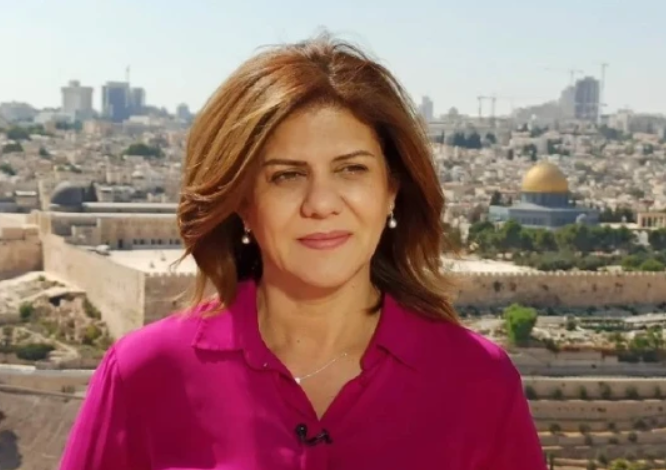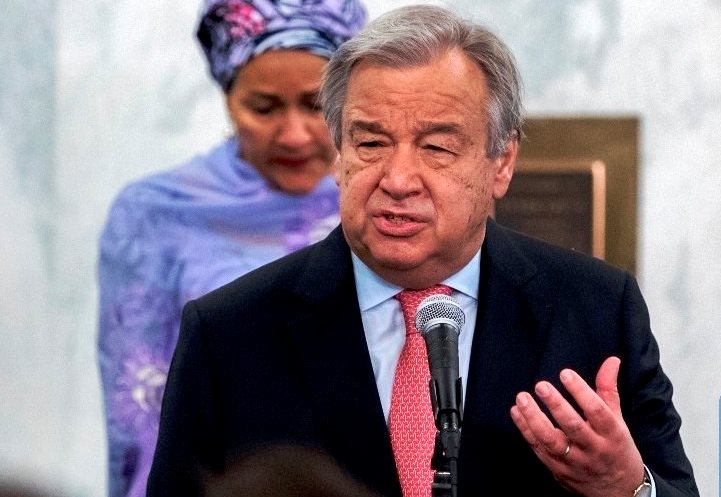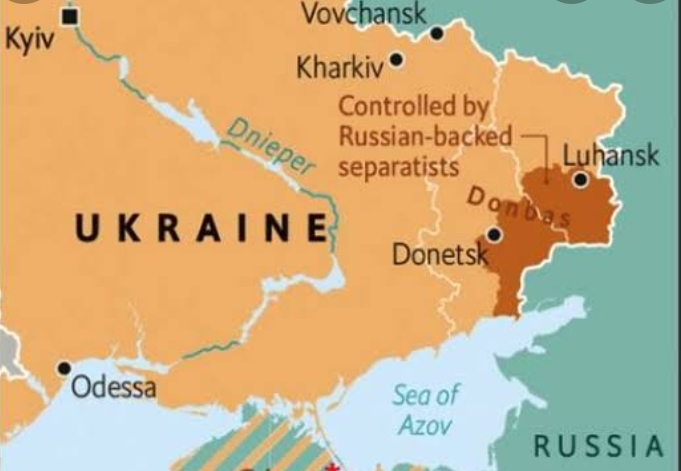The tours through Europe and Africa from April 26, 2022, by Antonio Guterres, the United Nations Secretary-General, raised once again the powers, importance and relevance of the world body.
The tours reinforced my analysis that the UN scribe is basically a funambulist, an acrobat walking a tightrope or slack on the world stage. He has to be faithful to many masters with conflicting interests, especially the five permanent members of the UN Security Council each of who, at will, can veto whatever he does or deny him a second term in office as was done to Boutros Boutros-Ghali in 1996.
When Guterres visited Europe over the Ukrainian Conflict, he was aware that two permanent members, China and Russia, are on one side, and the three other members: the United States, Britain and France, are on the other. It was like a man tiptoeing through a landmine. He had visited Russia before crossing over to Ukraine. He received a barrage of attacks for not visiting Ukraine first. But did it really matter which country he visited first? Secondly, the visit, coming in the third month of the war was late when the UN in the first place, should have prevented the war. True? Can the UN effectively intervene in a war in which its permanent members have no meeting point?
I think these attacks were tactics meant to intimidate Guterres into feeling some guilt that he had not championed the cause of Ukraine. Ukraine, before this visit, had attacked the UN refugee agency, UNHCR, for not allegedly being effective in addressing the humanitarian crisis in which 12 million persons are in need of assistance. It had also attacked the International Committee of the Red Cross, ICRC, for alleged inaction. In fact, ICRC President, Peter Maurer, who visited Russia, was accused of being in bed with the former.
In Moscow, Guterres and President Vladimir Putin discussed proposals for humanitarian assistance and evacuation of civilians from conflict zones, especially in the port city of Mariupol where thousands of civilians, Ukrainian troops and non-state far-right combatants remain holed up in the Azovstal steel mill. Guterres said possible war crimes – a refrain of Ukraine and its supporters – will require independent investigation for effective accountability. He proposed the establishment of a tripartite Humanitarian Contact Group comprising Russia, Ukraine and the UN “to look for opportunities for the opening of safe corridors, with local cessations of hostilities, and to guarantee that they are actually effective”.
The UN scribe raised the energy and food crises the war has caused adding: “This comes on top of the shock of the continued COVID-19 pandemic and uneven access to resources for recovery, that particularly penalize developing countries around the world. So, the sooner peace is established, the better – for the sake of Ukraine, Russia, and for the world.” Guterres who had repeatedly called for ceasefires said: “But it is my deep conviction that the sooner we end this war, the better – for the people of Ukraine, for the people of the Russian Federation, and those far beyond.” But he had no ceasefire plans nor any for a negotiated settlement.
He was merely a “messenger of peace.” On April 28, Guterres crossed into Ukraine visiting the Kyiv suburbs of Borodianka, Bucha and Irpin, claimed places of war crimes, where he said the “horrific scenario demonstrates something that is, unfortunately, always true: civilians always pay the highest price”.
He added: “I fully support the International Criminal Court and I appeal to the Russian Federation to accept to cooperate with the International Criminal Court.”
As in Russia, while he seemed worried about the war and its effects, he did not press for a ceasefire or immediate peace talks. Yet he knew that the war is devastating for humanity. When he flew to Senegal, Guterres told the African continent that its twin challenges of COVID-19 and climate change have with the Ukrainian War, become threefold.
He emphasised that the war is aggravating a “triple food, energy and financial crisis”, which could push more people into hunger and result in socio-political crises. Guterres is aware that the combatants in Ukraine, their backers and cheerleaders do not want an immediate end to the war, so despite his personal belief, he is not pushing for peace. All he does is make loud lamentations about the war. In the Niger Republic where he arrived on May 2, his theme was about terrorism in the region.
Referring to the terrorism in the Tillabéri, Tahoua and Diffa in the northwest, south and southeast of the Niger Republic, and cross border attacks in the Maradi region by terrorists operating from Nigeria, Guterres told President Mohamed Bazoum, that “peace, stability and prosperity in Niger and across the Sahel remains an absolute priority for the United Nations.”
The UN says in Niger where 80 per cent of the populace depends on agriculture, a combination of climate change and terrorism has forced many off the farms and that 15 per cent of its 25 million people, will require humanitarian assistance in 2022.
The situation in Nigeria raised the issue of how much the UN and its leadership know and how the state can control access.
Guterres had visited Borno State this Tuesday and interacted with displaced persons and repentant Boko Haram members.
Based on this and what he saw, he said: “I want to congratulate the Governor for what I see today. I want to strongly appeal to the international community to understand Borno as a state of hope, to support humanitarian action in Borno, to recognise the enormous challenges that Borno faces with climate change and Boko Haram activities, and to invest in Borno of hope.”
While this is commendable, the question is why other major areas of terrorism, especially Plateau and Benue states where terrorists, mainly from outside the country, occupy countless towns and villages, pillaging, murdering and seizing the homesteads of the people, were not on the schedule of the UN scribe.
Just like Borno, these states are devastated with many living for years now in Internally Displaced Peoples camps. Does the Nigerian Government not want these states and their terror victims to be assisted by the UN? Why is the government exhibiting the terrorist activities in the North East for the world to assist while seemingly keeping those in the North Central under wraps?
This raises the issue of whether during visits to countries, the UN Secretary-General should meet only with governments while leaving out non-state actors. Can this be part of the problem; that the UN scribe is a chief servant with many masters who happen to be the governments of member states? Does humanity need a UN that is faithful to state agents rather than to the human race?





